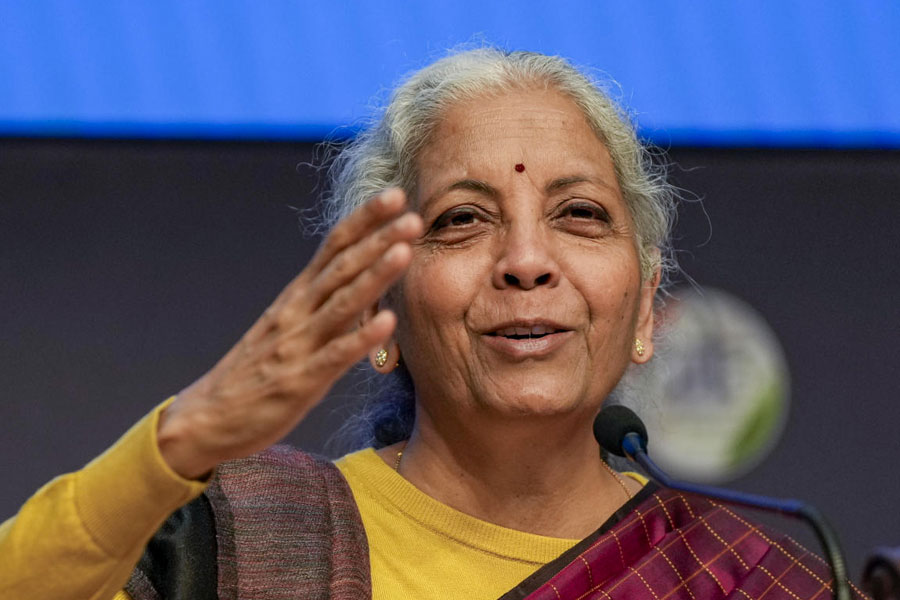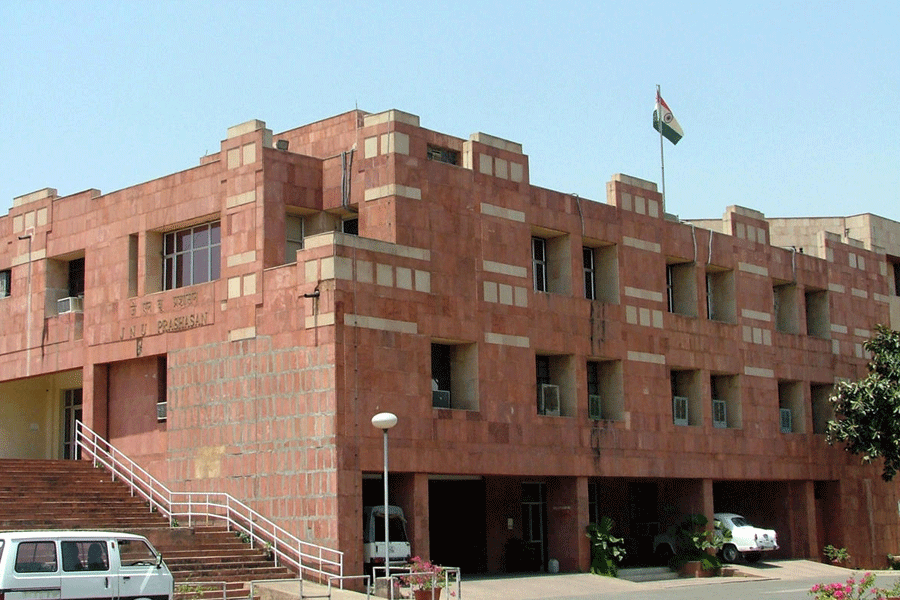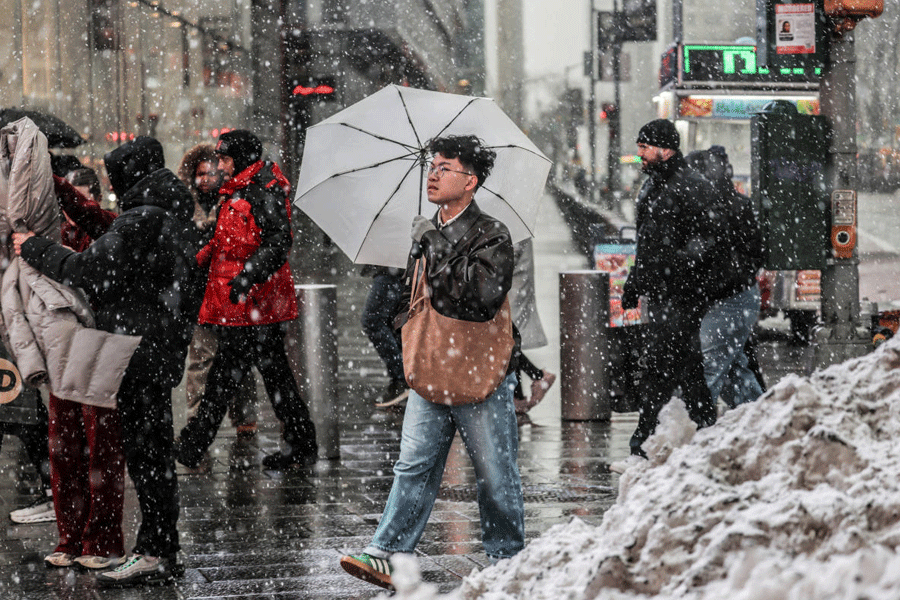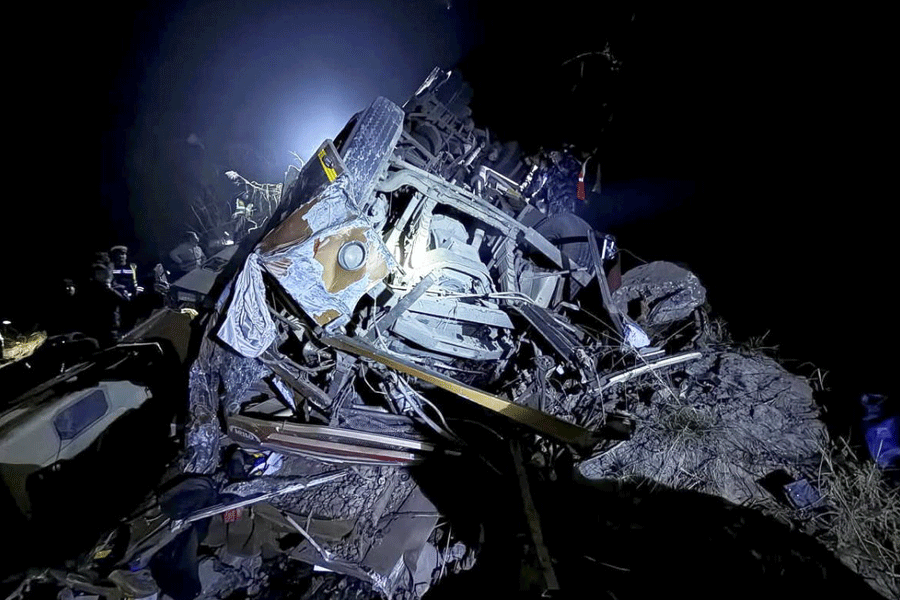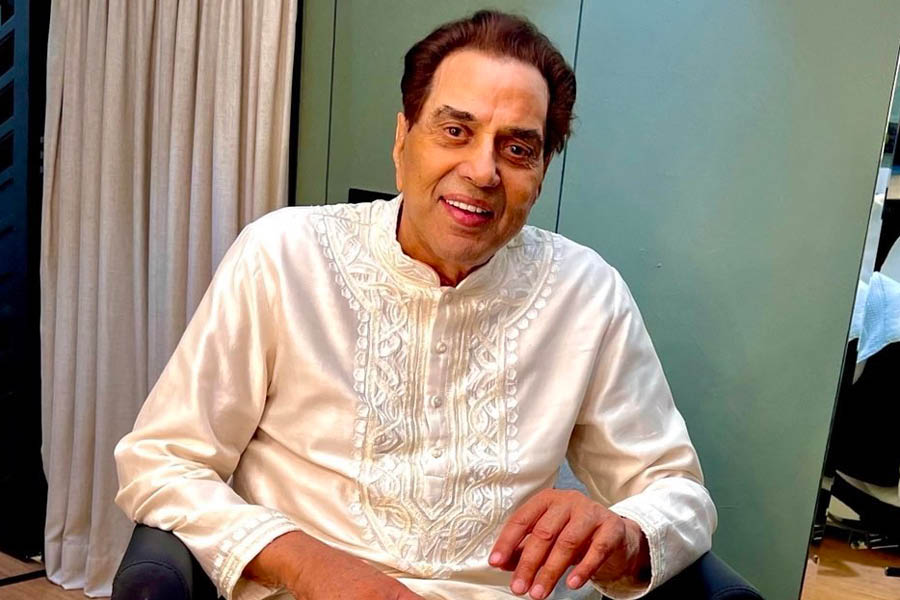Seven months after Bangladeshi students led a mass movement that forced the then prime minister, Sheikh Hasina, to resign and flee to India, the country is beginning to prepare for elections to offer a democratically elected government. The interim administration led by the Nobel Peace laureate, Muhammad Yunus, has announced that elections will be held potentially by December this year and latest by March 2026. Of late, prominent student leaders have quit Mr Yunus’s interim government to launch the new National Citizens Party, which they hope will upend the two-party dominance in Bangladeshi politics of Ms Hasina’s Awami League and the Opposition Bangladesh Nationalist Party. The BNP and the Jamaat-e-Islami are both increasingly influential in the country today and will likely be major forces in the upcoming elections. It is unclear whether Mr Yunus will also seek a political platform to contest. In the meantime, India has nudged Bangladesh to ensure that the election process is inclusive — an apparent allusion to the Awami League. While election authorities in Bangladesh have indicated that the party might be able to contest, the student movement that led the campaign against Ms Hasina is insistent that the Awami League not be allowed to participate.
Central to the opposition to the Awami League’s participation in the polls is the popular perception that the party and its leaders have not truly faced justice for the alleged human rights excesses and corruption during Ms Hasina’s 15-year-long rule. This is why India must tread carefully. Given the strong anti-India sentiments in Bangladesh today, anything that New Delhi says about Bangladesh’s electoral process could be viewed by its critics as evidence of India trying to interfere in its neighbour’s democratic choices. India, too, is prickly about other countries commenting on its politics or elections — and that weakens its ability to say much to the rest of the world. Ultimately, the elections and Dhaka’s ability to host them in a way that is credible should matter to Bangladesh — whether or not anyone else offers advice. The scale and nature of protests against Ms Hasina showed just how unpopular she was, even though, on paper, she had won a landslide vote just months earlier, with the Opposition largely barred from contesting freely. Bangladesh must not repeat the mistakes of the past. The hopes of a generation that fought for change rest on its choices.


